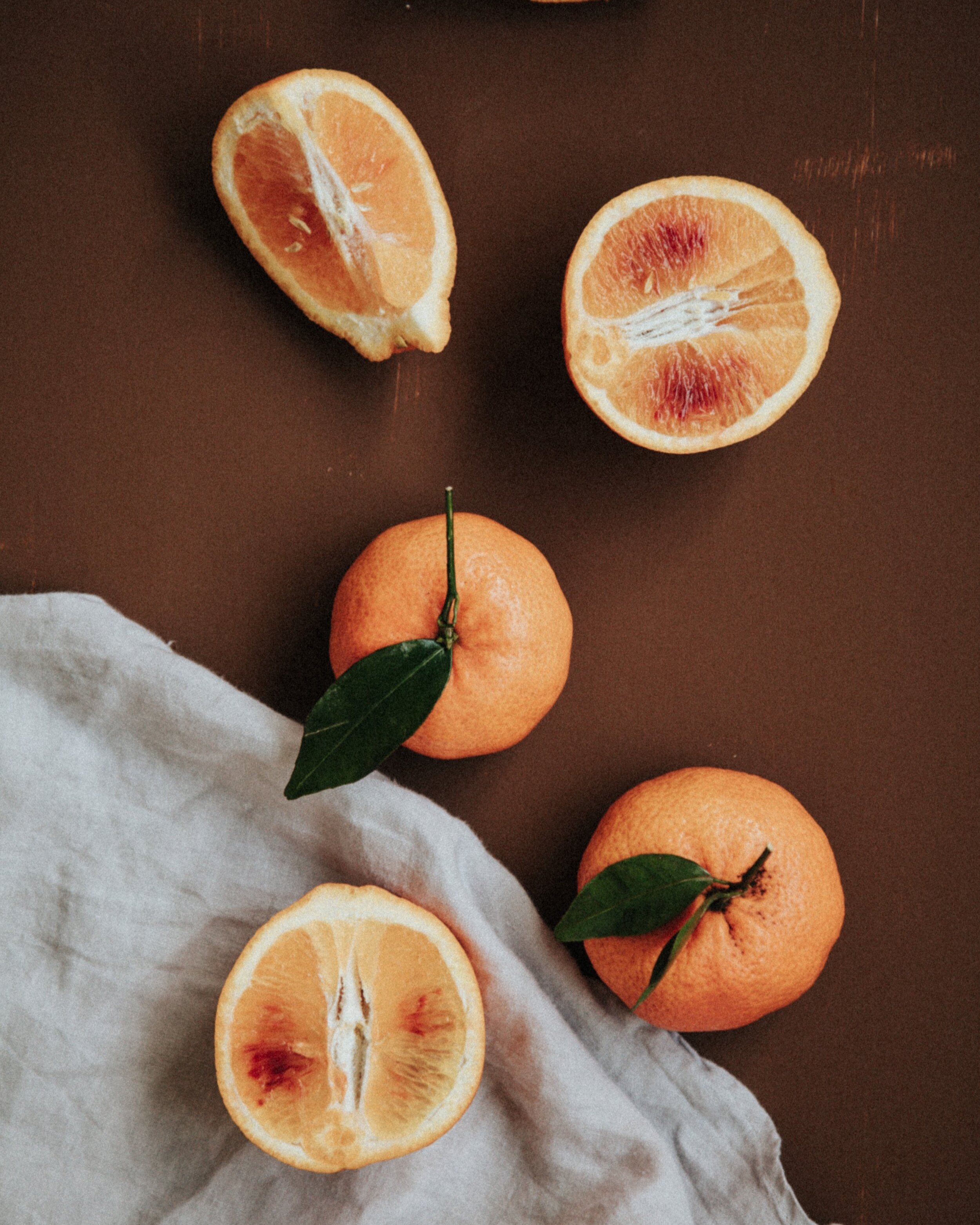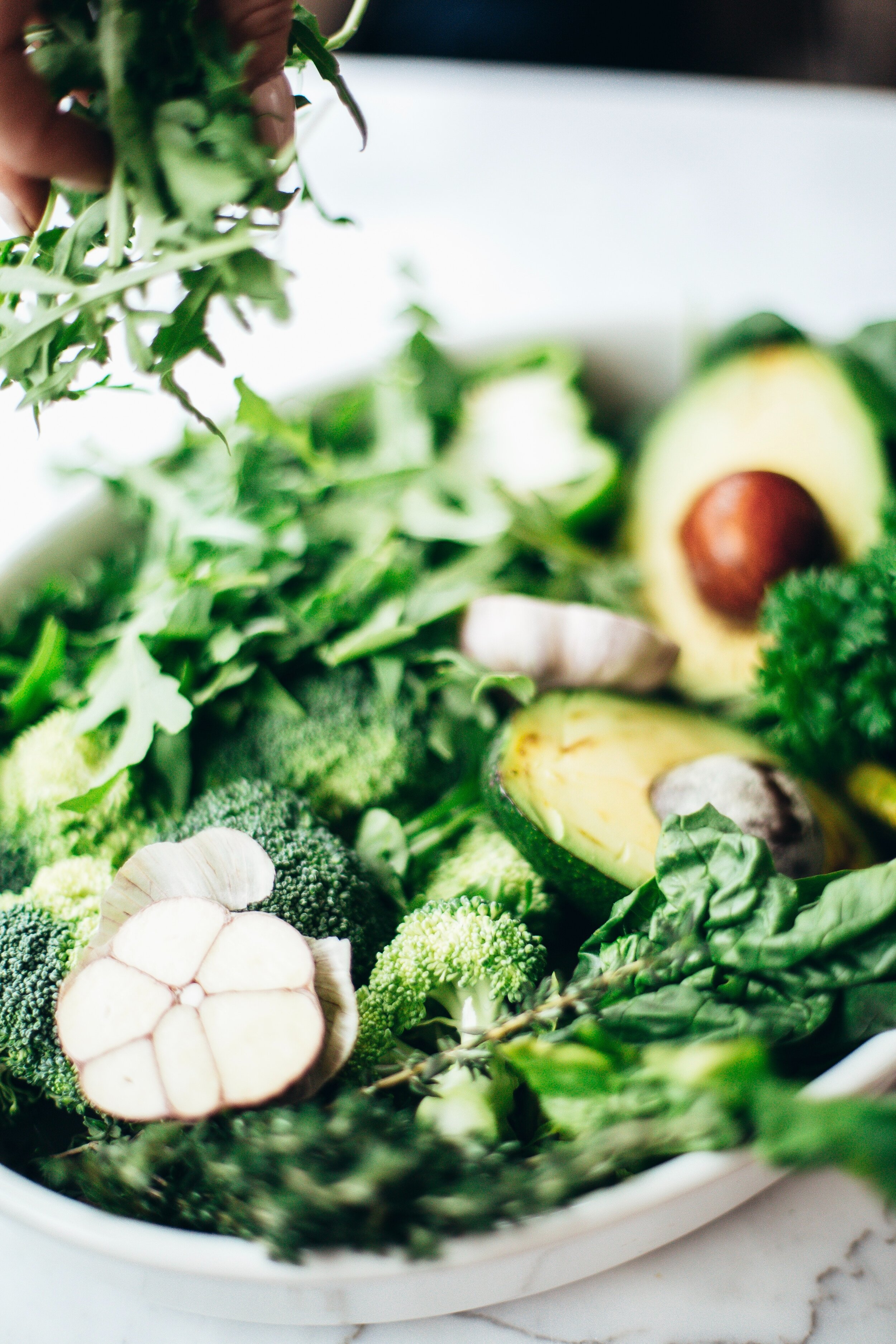The Advantages and Disadvantages of Buying & Eating Organic Food
The Advantages and Disadvantages of Buying & Eating Organic Food
Everywhere around the world, there is an increasing awareness regarding healthy habits about not only the food we eat but also about the impact it has on our planet. About 30 years ago, it was very rare to meet someone who is vegan, while veganism hit an all-time high in 2020.
Up to now, industrialized production methods have clearly shown severe limitations such as a worldwide contamination of the food and water by persistent pesticide residues and reduced nutrient and flavor contents through low-cost intensive food production and/or processing.
Because of this, we become more and more aware of the impact our food has on our bodies, and we continue to optimize this by switching more and more to organic food alternatives. This has some great advantages, not only for your body but also the world around you. However, did you know that there are also some disadvantages of organic food that you might not have heard of? In this article, I share the advantages and disadvantages of organic food.
Advantages of Buying and Eating Organic Food
Organic produce is great, not only for your body, but also because of the reduced carbon footprint. Read here exactly why.
Pesticides
One of the biggest differences between organic and non-organic food is that the amount of pesticide residues in organic food is 94–100% less compared to non-organic food. This also means that regular food can contain a lot of pesticide residues and, as not all food available is organic, wash all your food before consumption to avoid the intake of pesticides and the possible impact this might have on your body.
Minerals
Food produced that is certified organic has a higher mineral content. Both magnesium and iron are significantly higher in organic food. Organic produce also contains more anti-oxidant micronutrients such as phenols and salicylic acid compared to non-organic food, which means organic food is better for your body as it has a higher nutrient content.
Animal products
Next to animal products containing a higher level of polyunsaturated fatty acids, the circumstances in which the animals are much friendlier. They need to be able to range freely outdoors (‘zero-grazing’, where cows are kept indoors and fed cut grass or other feeds like soya, is banned under organic standards). They need to have space to express their natural behaviors, which reduces stress and disease. They can only graze and forage on natural, organic grasses and other crops. These can only be treated with natural fertilizers, and synthetic pesticides are severely restricted. This ensures that the animals produce healthier products. And organically grown animals obviously don’t receive any antibiotics.
Disadvantages of Buying and Eating Organic Food
As we just read, organic food is great for our environment and our bodies, but unfortunately, there are also a few disadvantages of organic food.
Costs
We have all seen the organic apples in our local grocery store that are sometimes over twice as expensive as regular apples. The same goes for all other produce that is organically available. But, why are these products so much more expensive?
Certification
The first cause for higher price of organic produce is because of the certification process all farmers need to go through to be accredited as an organic farmer. Organic farming has very high standards, and farmers need to undergo a lengthy certification process in order to be certified as organic. These costs can be up to $1500- initially, and there are even annual costs involved which is based on the total organic production value of the farm. All increasing the costs the consumer has to pay for organic produce.
Labor
In organic farming much more manual labor is involved. In organic farming weeding is often done by hand and pests are controlled by introducing natural predators of those pests into the crop. This is much more labor intensive which again raises the price for organic food.
Shelf life
The shelf life of organically produced crops is often much shorter compared to regular produce. This is because conventional produce is treated with waxes and preservatives to maintain its freshness during the shipping of the products. Sometimes also cling film is used to extend the shelf life of your fruits and veggies even further. Organic food does not receive these treatments and therefore spoil faster. This has another downside that part of (or even the entire) shipment of an organic crop might be lost if the crop was delayed or mistreated during transport. In this case, everything the farmer has produced might never reach the consumer.
Farming Systems
Because pests and diseases are controlled in a less hard manner, the crop is much more susceptible to crop loss due to these circumstances. When a part of the farmer's crop is lost, he has to increase the prices of his/her produce to ensure the continuation of his/her business.
Synthetic pesticides
Synthetic pesticides might still be used in organic farming, but this is only in special cases. Farmers who can show proof that the natural pesticides used have not worked sufficiently to control the pest in their crops are allowed to use synthetic alternatives. These farmers need to prove that their organic farming practices and other organic practices have failed multiple times. Only then may they switch to synthetic alternatives in order to avoid the loss of the entire crop. This then also means that some organic foods that are sold as organic might have been exposed to the same chemicals and processes as conventional crops (so always wash your fruits and veggies before consumption, even if they are organic). While the consumer still has to pay the price like it is an organic crop.
So, even though there certainly are some great benefits of organic produce, there is no doubt that these disadvantages will make you think. So what is the best alternative? Purchase your organic produce from your local organic farmer. I am lucky enough that I live rather rural and have multiple organic farms nearby so I can purchase my produce directly from the farmer, but if this is not an option for you, your local farmers market might have all the fruits and veggies you need.
About the Author
Valinda is the founder of the GreenandHappyMom blog as well as the GreenandHappyShop. She has always lived very sustainably, but after the birth of her baby girl, her desire to do so became much stronger. She exchanged her passion for academics (she went to University to study Plant Sciences and has a BSc in Plant Breeding and an MSc in Greenhouse Horticulture) and started her zero waste journey where she helps others become more aware of the impact they have on the planet for future generations.
MAKE SURE TO PIN THE PHOTO BELOW TO SAVE THIS POST FOR LATER!
WANT to find SUSTAINABLE BRANDS? VISIT OUR BRAND DIRECTORY!
Our Brand Directory is home to hundreds of sustainable brands, from makeup to cleaning supplies, from underwear to shoes. We have broken everything down by category for easy shopping, along with discount codes unique to Sustainably Chic viewers.







